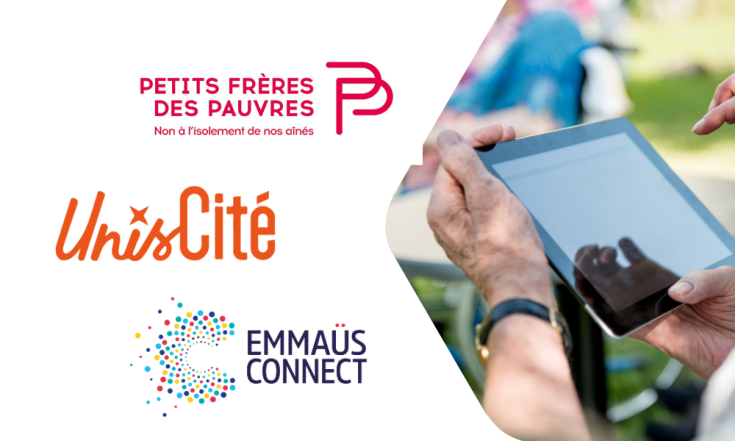Exploring digital health needs: Insights from Seniors in HDF
During the second semester of the NOTRE project, Eurasanté and the Hauts-de-France Region examined the challenges faced by SMEs, regional authority, and particularly seniors in the rapidly growing field of digital health. This period was characterized by a series of interviews with these various key players, including small and medium-sized enterprises, seniors aged over 65, as well as representatives from the regional authority.
The survey conducted among seniors was carried out with particular attention to their profiles (different places of residence, different income levels, etc.). Thus, individuals living at home, in assisted living facilities, in nursing homes, and in various neighborhoods across the Lille metropolitan area and Arras area were interviewed.
To engage seniors, Eurasanté and the Region received support from the Lille and Arras Municipalities, Atlas Residence in Arras, and Les Sapins Bleus Residence for seniors in Pérenchies. Seniors responded in numbers : over 80 responses were collected (through in-person interviews and online questionnaires).
The collected data will be analyzed during the third semester of the project.
In addition to seniors' responses, three associations supporting seniors in using digital tools were consulted (Les Petits Frères des Pauvres, Emmaüs Connect, and Unis-Cités) to enhance our understanding of the specific challenges faced by seniors.
Among the main conclusions, it is clear that seniors express a variety of digital needs, ranging from learning to use computers and smartphones to mastering online health procedures, as well as managing emails and social networks. They also show a growing interest in using digital solutions for leisure activities, such as watching series or using dating sites.
However, these associations highlight challenges related to the ergonomics of computers and smartphones, screen visibility, seniors' dexterity issues, as well as financial concerns about the cost of digital equipment and services. Additionally, there remains a reluctance among some seniors who remain wary of new technologies.
In summary, the work carried out during the second semester with various stakeholders has highlighted the importance of an user-centered approach in the development of digital health solutions.

